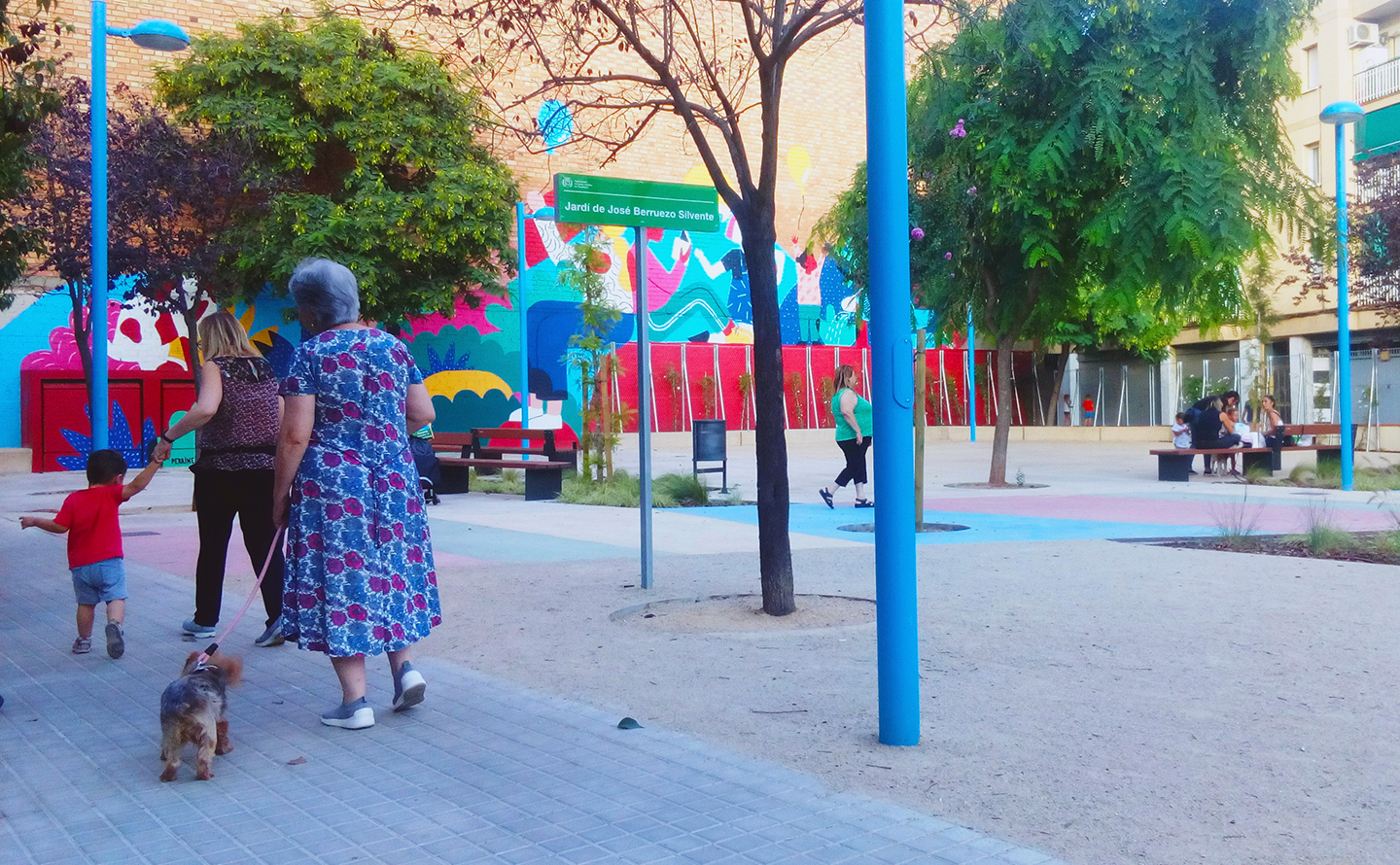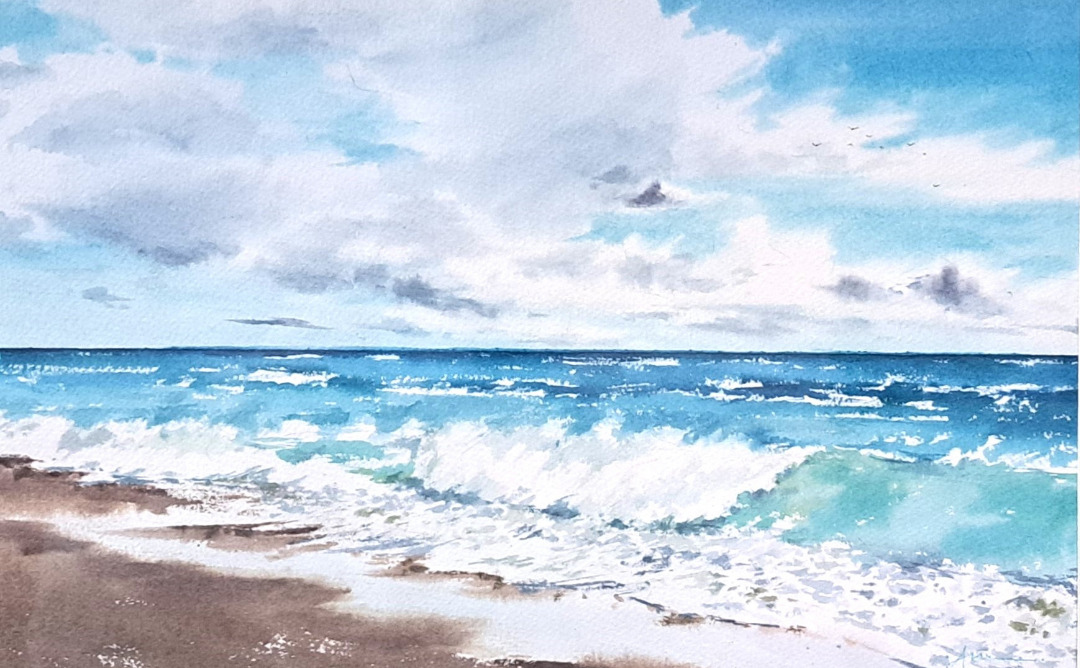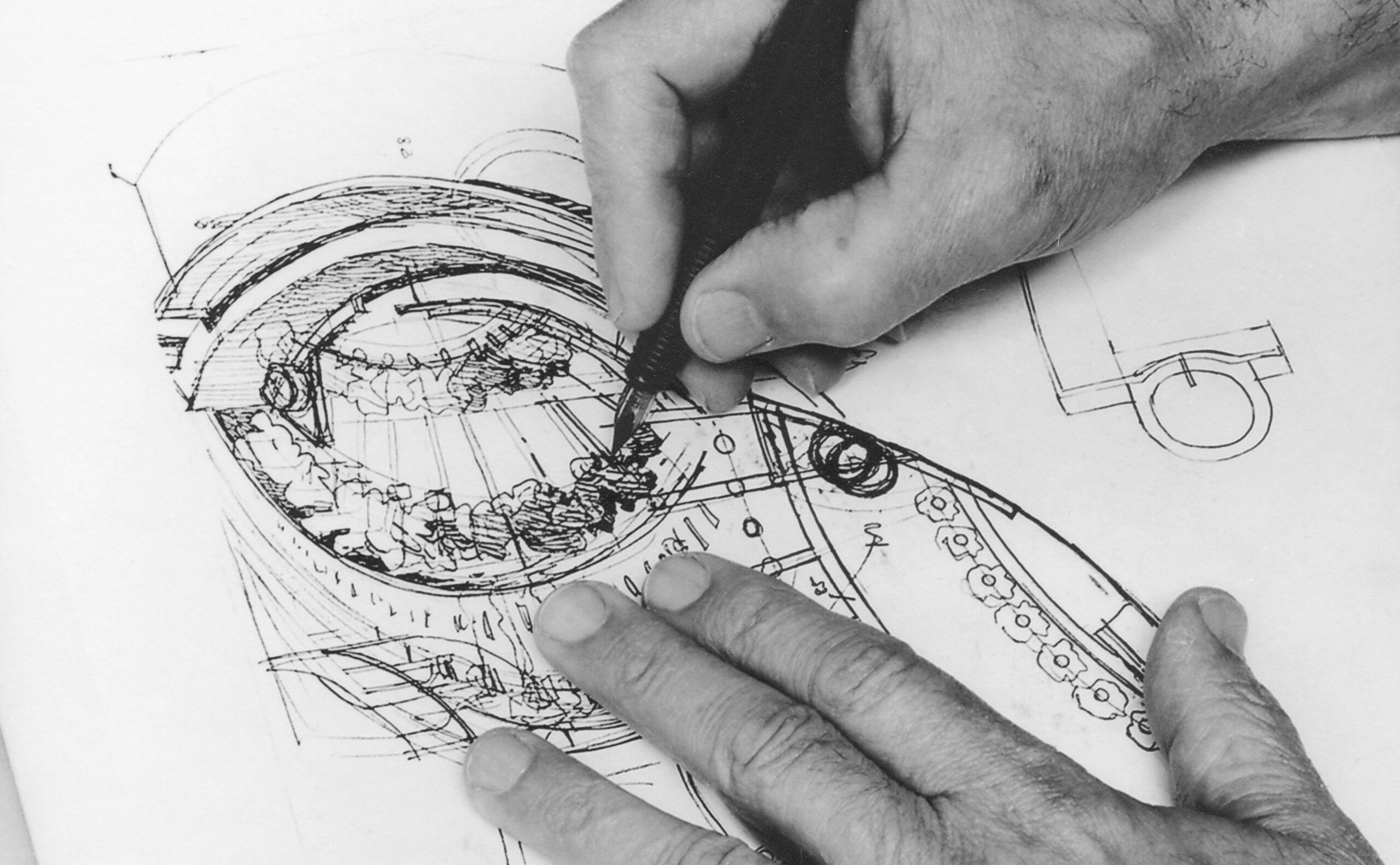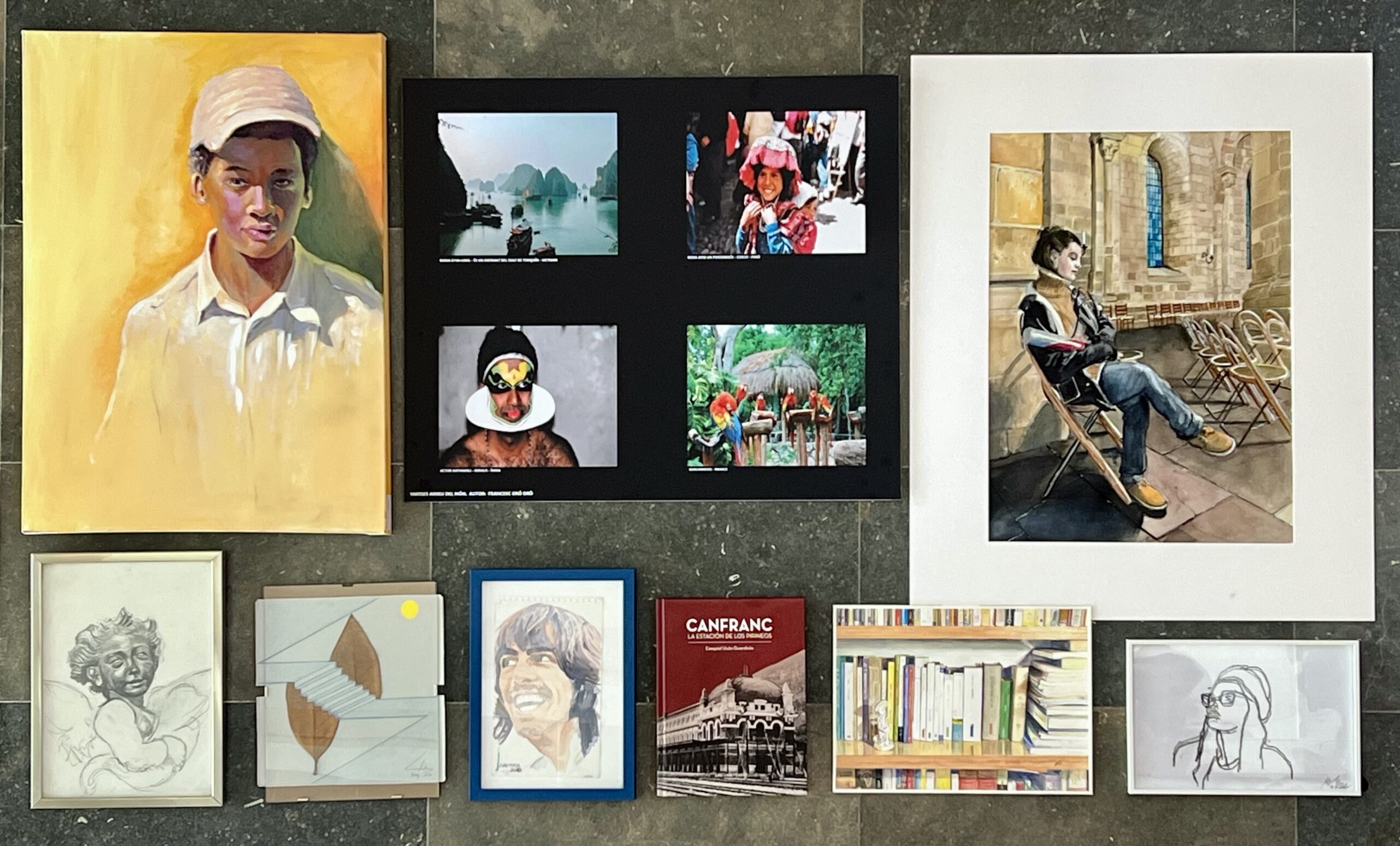This website uses cookies so that we can provide you with the best user experience possible. Cookie information is stored in your browser and performs functions such as recognising you when you return to our website and helping our team to understand which sections of the website you find most interesting and useful.
19:00
MOBILITY CYCLE. THE GENDER PERSPECTIVE IN URBAN TRANSFORMATIONS
More info
Organitza
Centre Obert d’Arquitectura
COAC
Lloc
Av. Onze de Setembre, 13
Olot
Hora
19 h
Preu
Free

The conference will be led by the journalist Clara Sánchez-Castro and will include the lecture entitled ‘The gender perspective in urban transformations’, by the Equal Saree team, made up by architects, gender experts and feminist researchers. The round table will feature representatives of associations and entities about mobility in La Garrotxa, its current situation and what future it sees.
Spaces ‘talk to us’, they deliver messages that we integrate unconsciously and that can (re)produce social inequalities. In this sense, community participation and the processes of co-creation of public space are tools that allow us to reflect on our way of living, raising issues such as the coexistence of people with diverse realities and the management of care in the city. The feminist approach makes it possible to cross the physical, social and psychological aspects of the space to make inequalities visible and generate action strategies that work on inclusion, diversity and cooperation. Participatory processes strengthen relationships between people, encourage teamwork and value the common good above individual interests. Through different projects, Equal Saree explains how these concepts can be put into practice, defending the idea that any urban transformation can be an opportunity to generate transversal educational processes at different stages and areas of life.
The Mobility Cycle, organised by the Garrotxa – Ripollès Delegation of the Architects’ Association of Catalonia, is set up with the aim of promoting and enriching the debate on the mobility project in La Garrotxa, one of the most important issues at regional level currently.
Equal Saree
Equal Saree studies the impact of spatial configuration on the (re)production of social inequalities. Its aim is to design inclusive spaces through co-creation with users. They use participatory methodologies to put people at the centre of decision making and give voice to groups that are generally underrepresented. Based on these principles, they develop architecture and public space projects, design and follow community participation processes and offer training and consulting services.


